The Gendering Green Generation projects focus on reducing gender inequality as a barrier to women’s empowerment and increasing their share of the benefits generated by Green Generation-funded development projects in the province of Rehamna. Our project also investigates pathways for food system transformation that prioritize gender equity.
We aim to produce knowledge on the root causes of gender inequalities, and evidence-based recommendations formulated and communicated to policymakers. This is by identifying pathways to strengthen women’s capacities and leadership in food systems. Our work is available through scientific articles published in peer-reviewed journals, and the production of media materials.
Through our project, we aim to bring about positive outcomes, including enhancing women’s participation in the selected development projects and increasing their share of the benefits generated by these projects. We also aim to contribute to national and international agencies’ efforts to reduce gender inequalities and increase women’s participation in the planning, decision-making, and investments of Green Generation-funded projects.
Our evidence-based recommendations will support policymakers in general and the Green Generation developer strategy, in particular, to reduce gender inequality and enhance the effective participation of women in agricultural development projects.
We hope our work will inspire others to take action toward reducing gender inequality and promoting sustainable change in Morocco.
Our research addresses critical issues, striving to empower marginalized voices and foster equity across all sectors.
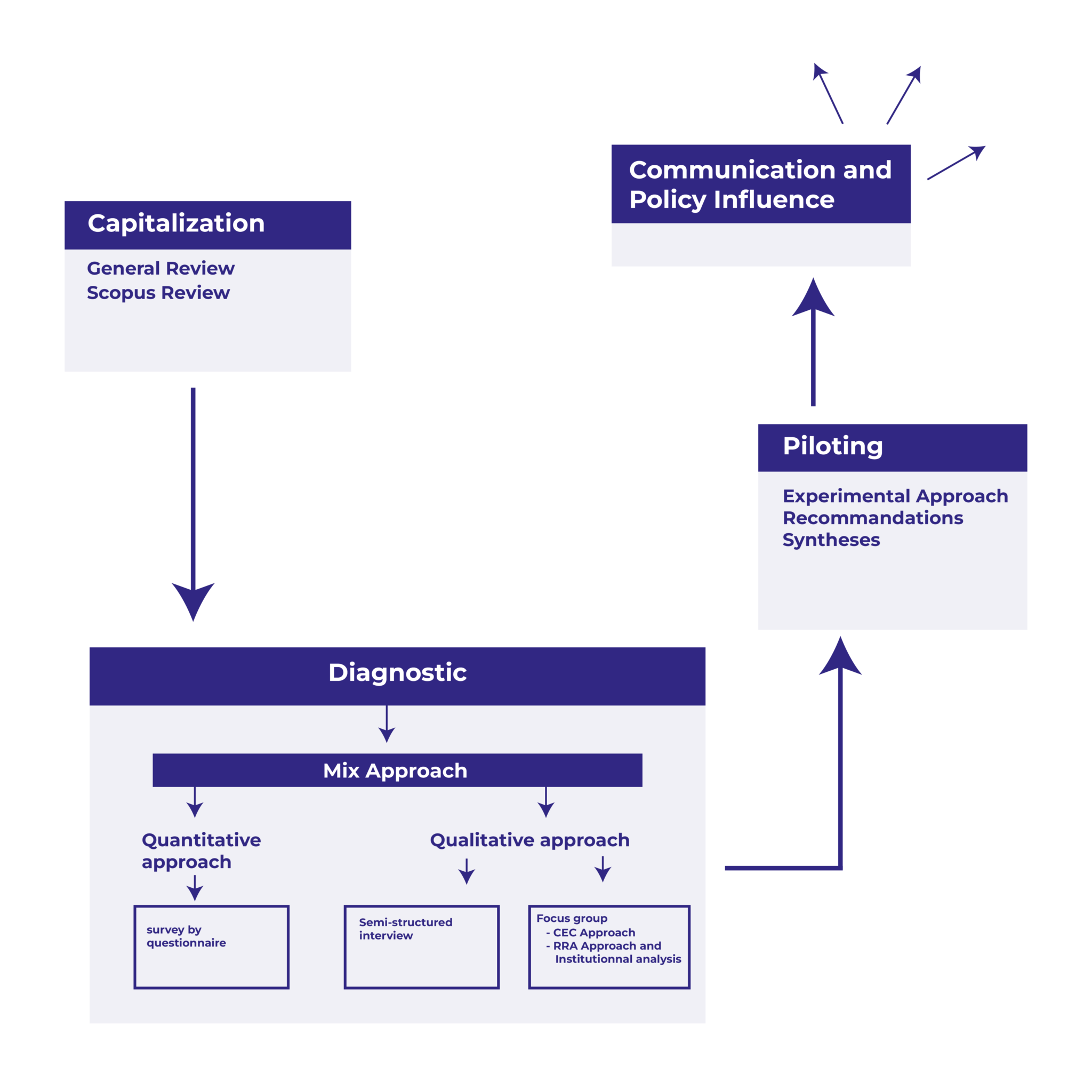
The 3G project follows a multidisciplinary approach. It mobilizes diverse experts in:
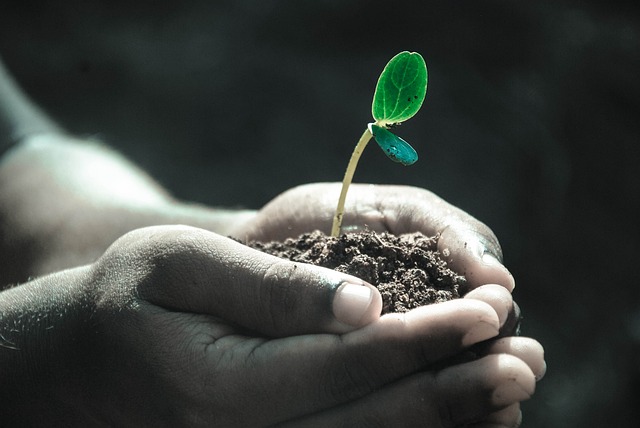
To provide expertise on sustainable agricultural practices that take into account gender-specific roles and responsibilities in food systems.
By incorporating sustainable horticultural practices, such as intercropping, crop rotation, and effective water management strategies to enhance gender equity.

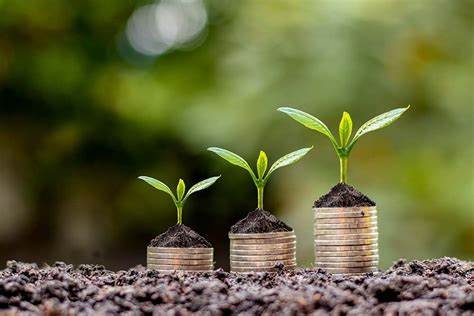
To help identify and address the social and economic factors that contribute to gender inequalities in agriculture.
To work on gender audits and analyses of the development projects to identify areas where gender inequalities exist and where women's participation and benefits can be increased.
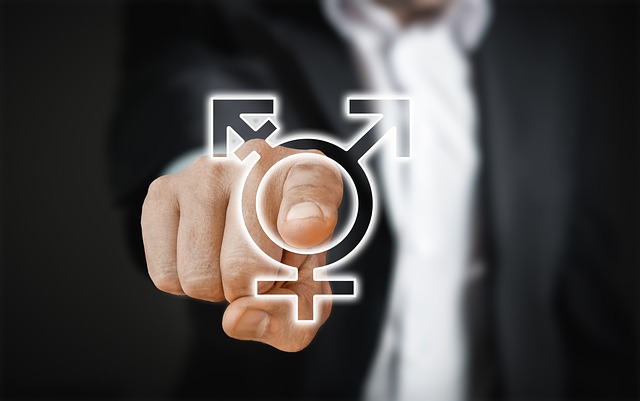
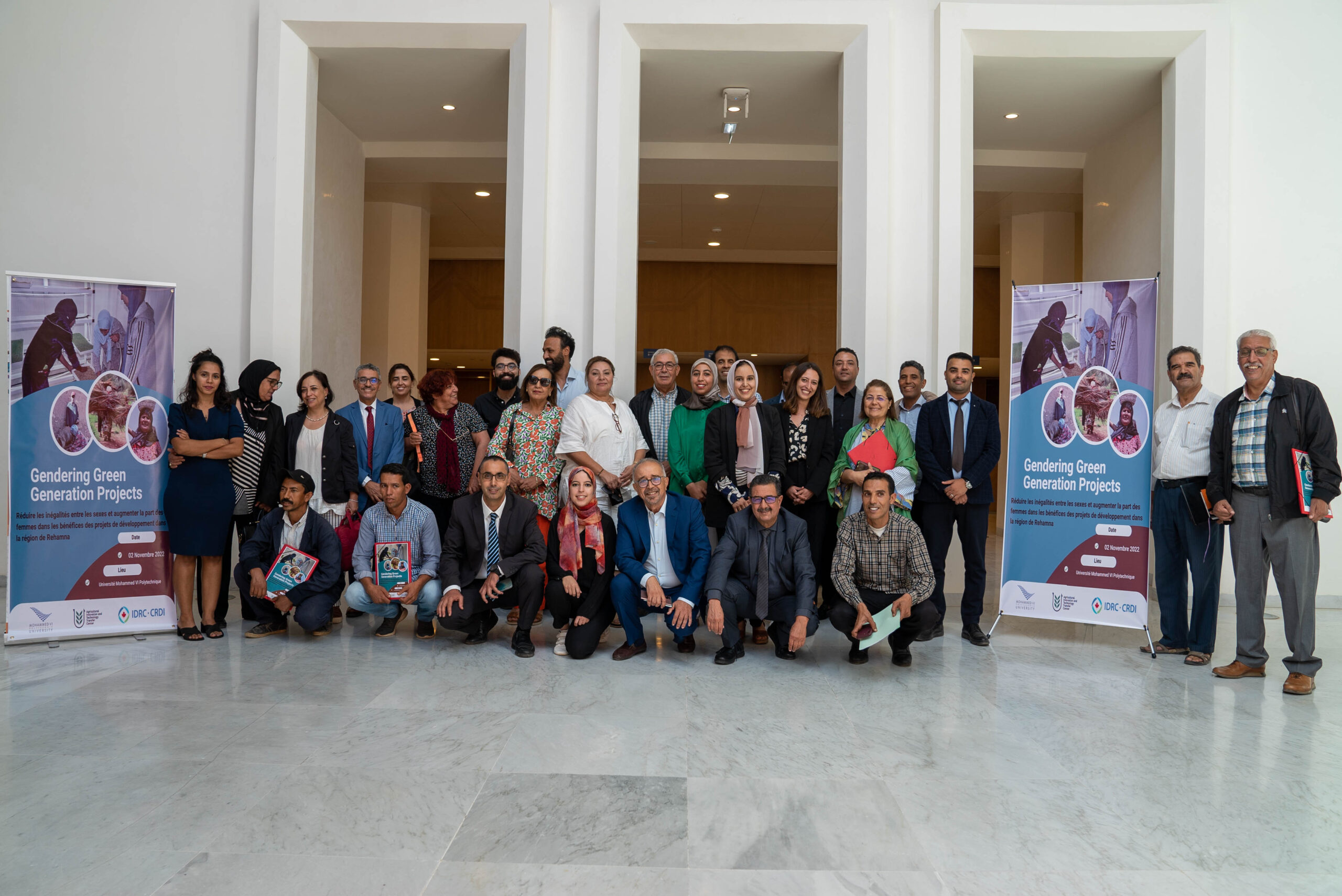
The project kicks off with a general review Scopus review based on the documentation of projects in the agricultural field in Morocco in general that are aimed at poverty reduction, reducing gender inequalities, and women’s empowerment.
The project went through a comprehensive literature review and scoping phase to identify key gender inequality issues and pathways for food system transformation in the Rehamna Province, ensuring a strong foundation for research and advocacy efforts.
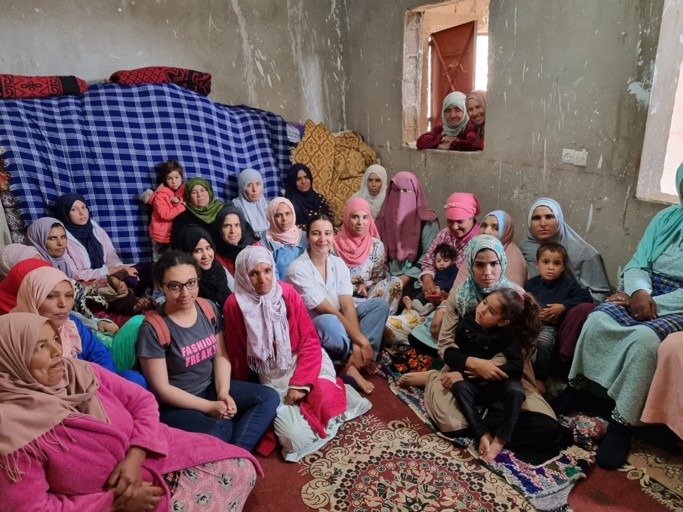
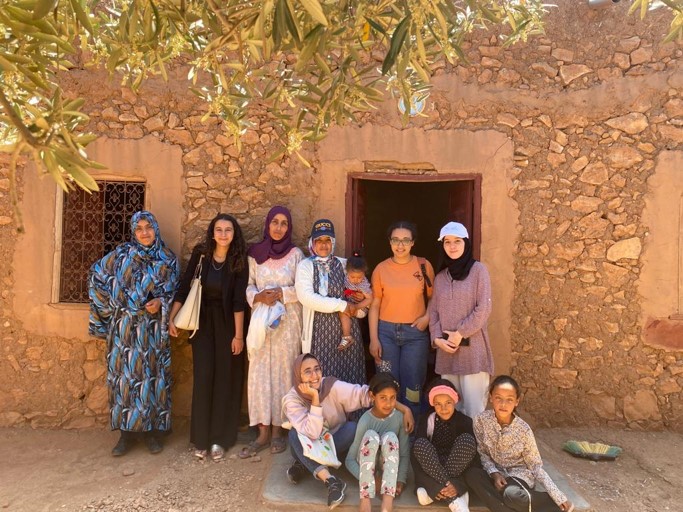
In this third phase, interventions, with an experimental approach and based on the previous steps, will be piloted in the food systems targeted by the selected projects. Consolidation will be performed to determine which obstacles are common to all projects and which are unique to each project.
During this phase, we will communicate the project’s recommendations and influence policy.
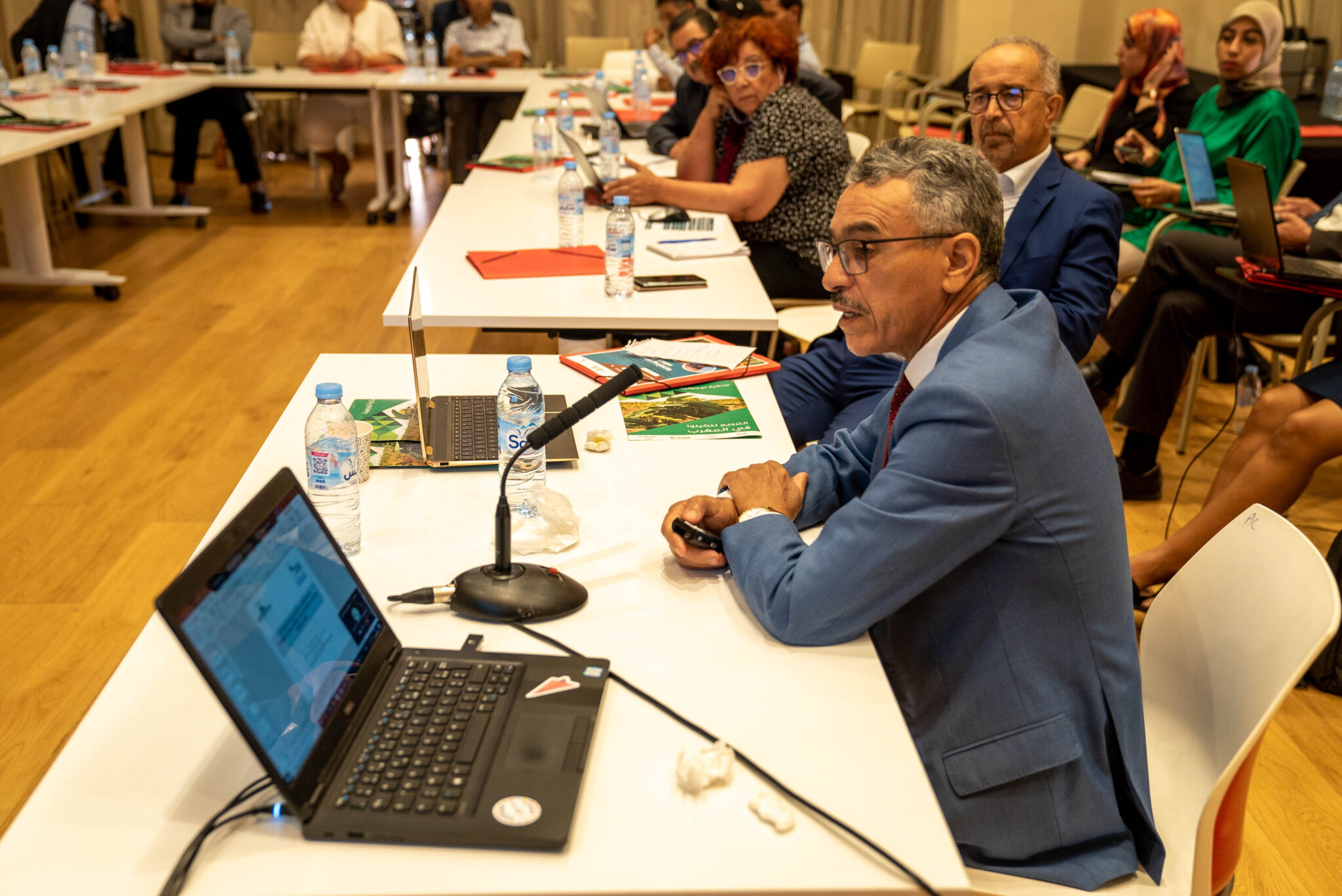
© Copyright 2023,All Rights Reserved. by Mediazain